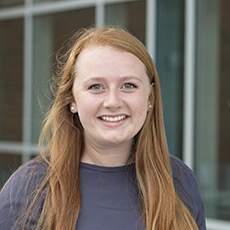About the BS in Electrical Engineering Degree
Why Study Electrical Engineering at Cedarville?
Position yourself for a thriving career as an electrical engineer with Cedarville's Bachelor of Science in Electrical Engineering (BSEE) program, recognized among the finest in the nation. You'll gain the skills and expertise needed to excel in this dynamic field, studying in modern facilities and learning from experienced faculty. Whether engaging with foundational lectures or putting your engineering skills to practice in design competitions and laboratory exercises, you'll receive a top-tier education integrated with a biblical worldview.
You will graduate qualified for a career in fields ranging from power distribution to battery-powered devices. Cedarville's electrical engineering degree will prepare you for roles in industry, education, or government. But more than just career preparation, Cedarville’s distinctly Christian engineering program will challenge you to use your vocation as a ministry for Christ, making a meaningful Gospel impact through your work.
Request Info VisitWhat Sets Cedarville Apart?
-
Biblical Worldview
The Bible is the authority for research and study in every class you'll take. -
Mentoring Christian Faculty
You'll be taught by highly-credentialed professors who want you to succeed. -
Top Placement Rates
Our graduates achieve top career and grad school placement rates — 10% above the national average.
Program Overview
Program Format and Related Programs
Cedarville offers graduate and undergraduate programs with flexible completion options. You may also want to consider these related programs as you choose the degree or program that is the best fit for you.
Related Programs
Program Level and Format
- Undergraduate
- 4-Year
- Residential
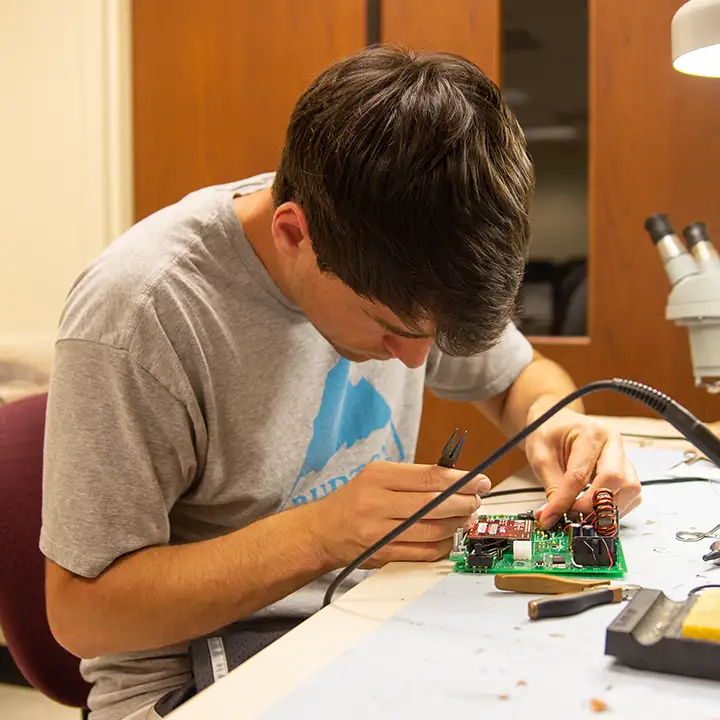
Program Faculty
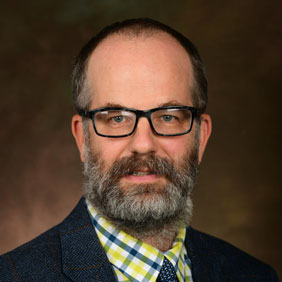
Tim Tuinstra, PhD
Professor of Electrical Engineering, Head of Electrical and Computer EngineeringContact
- ENS 343
- 937-766-3452
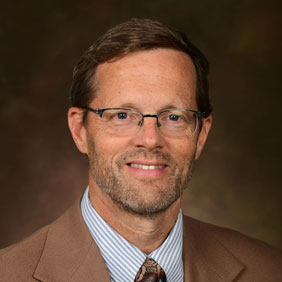
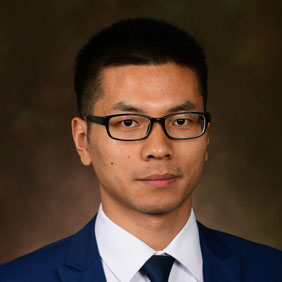
Xiaowei Chen, PhD
Associate Professor of Electrical and Computer EngineeringContact
- ENS 346 B
- 937-766-3068
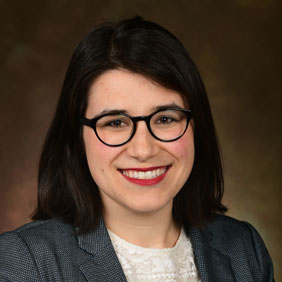
Danielle Fredette, PhD
Associate Professor of Electrical and Computer EngineeringContact
- ENS 175
- 937-766-7490
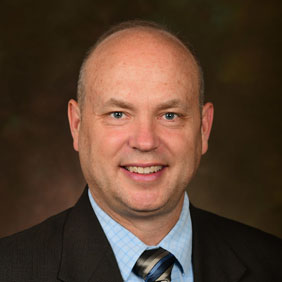
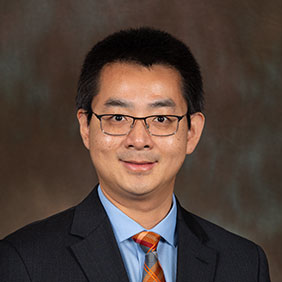
Program News
-

First-Year Engineers Race Cardboard Canoes
With nothing but cardboard and tape, Cedarville University’s newest engineering students face a sink-or-swim moment — literally. Their challenge: build a canoe that stays afloat on Cedarville’s Cedar Lake long enough to cross the finish line. -

Rocket Science and Redemption
In a quiet town just outside Dayton, Ohio — where the history of aviation runs deep — Dr. Joe Miller’s journey took flight with a love for airplanes and a desire to serve God.

















